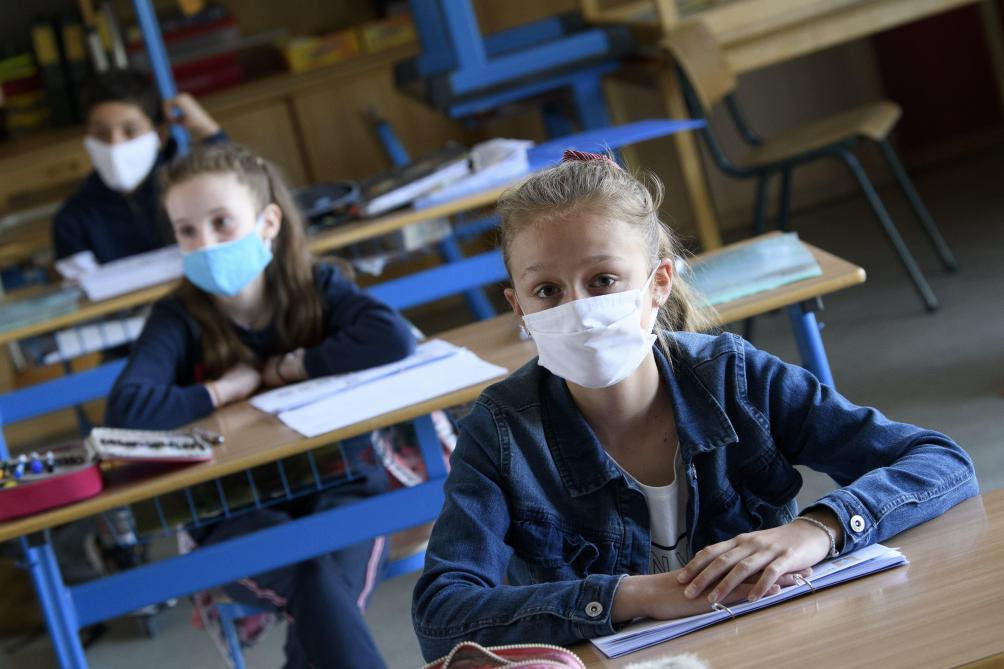The nation’s children and young people will resume their education from September at a normal rhythm of five days a week, the ministers from all three communities have agreed.
The Covid-19 epidemic saw the widespread closure of schools earlier in the year, but the experts of the group advising on the deconfinement (GEES) have now evaluated the risk of opening up fully to be limited. One proposal, to make Wednesday a day off instead of stopping classes at lunchtime, was reckoned not to make enough of a difference epidemiologically to be worth the organisational trouble.
Education in Belgium is the responsibility of the language communities – French, German and Dutch. The French Community has two education ministers – Valérie Glatigny (MR) for higher education and Caroline Désir (PS) or the rest.
The Flemish regional minister Ben Weyts (N-VA) sits in for the Flemish community. Harald Mollers (ProDG) is one of four ministers for the German community, and is responsible for education.
The decisions taken yesterday apply not only to pre-school, primary and secondary schools, but also all other levels, including part-time artistic education, higher education and adult training.
All schools will open on code yellow, as a result: the lowest level there is. As time goes on, the level could change to follow the medical circumstances, either within a single school or in a particular school area.
“Priority has been given to the psycho-social and educational issues of school attendance for children and adolescents, while dealing with security requirements as flexibly as possible,” the ministers said in a joint statement. In each establishment, everyone agrees to respect the common rules.
The decision, the statement goes on, “also requires that schools, teachers and students undertake to strictly adhere to rules such as wearing a mask in class (while allowing it to be removed during breaks or sports activities).”
Should the local situation require it, a school or group of schools can switch to code orange. That would involve lessons half-time in school and half-time elsewhere, but only for the second and third degrees of secondary school (year three to year six).
The decision of the ministers will be sent to the schools in the coming week, to allow them time to organise themselves for the start of the new school year.
Alan Hope
The Brussels Times

